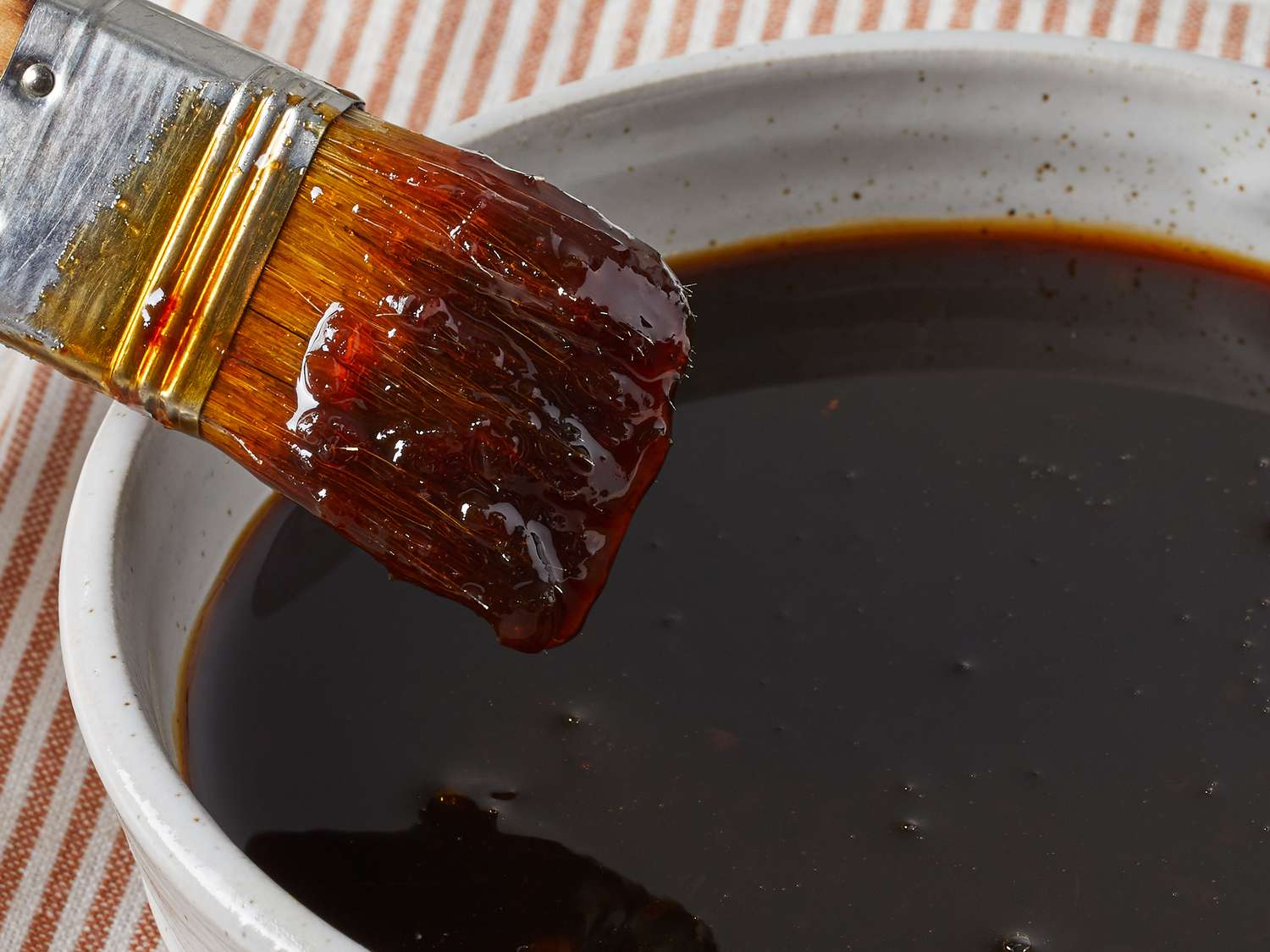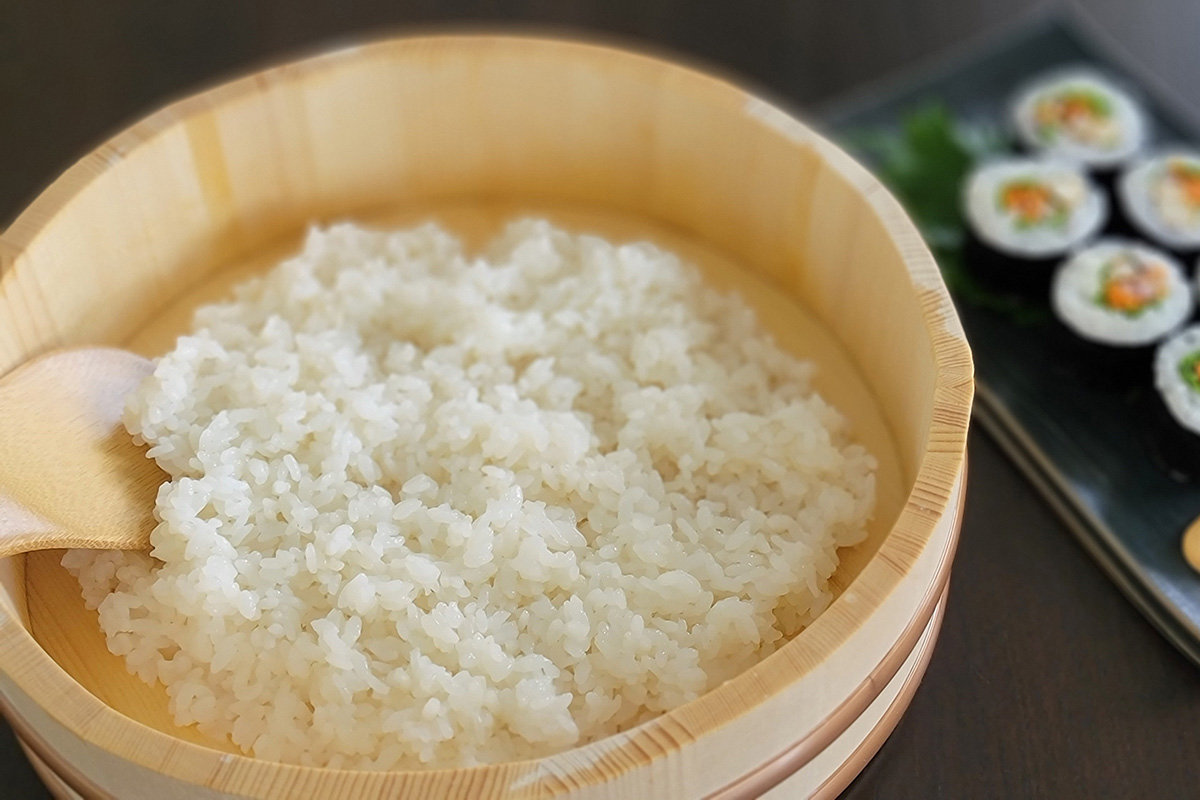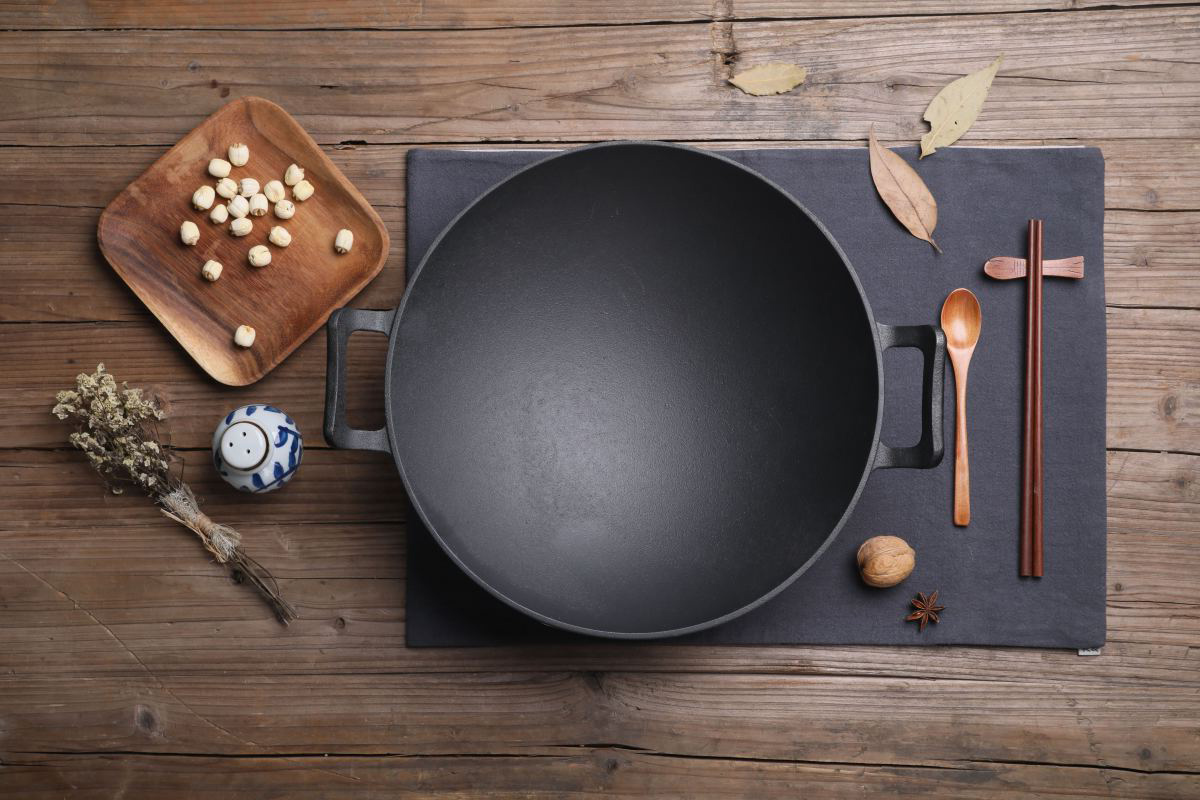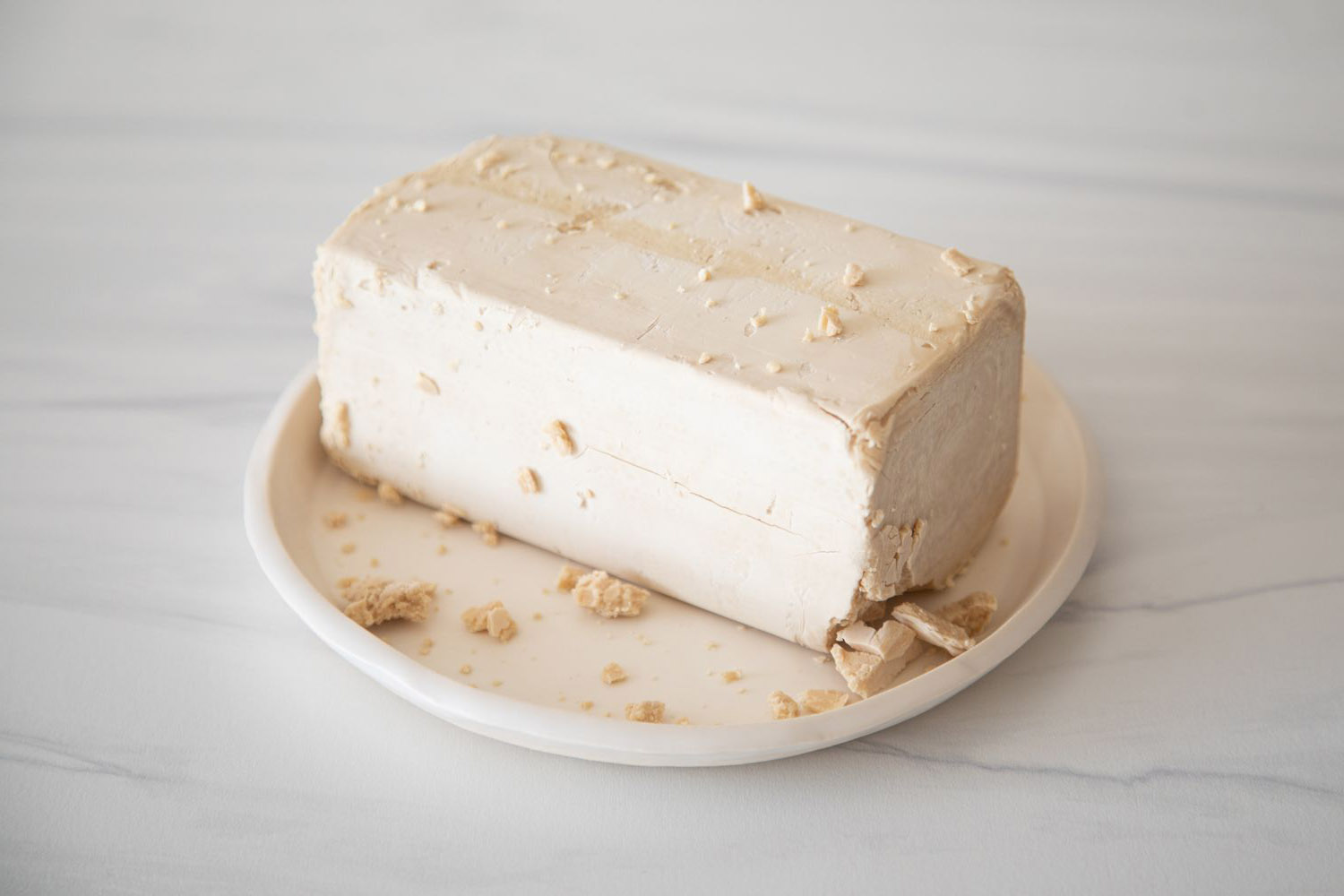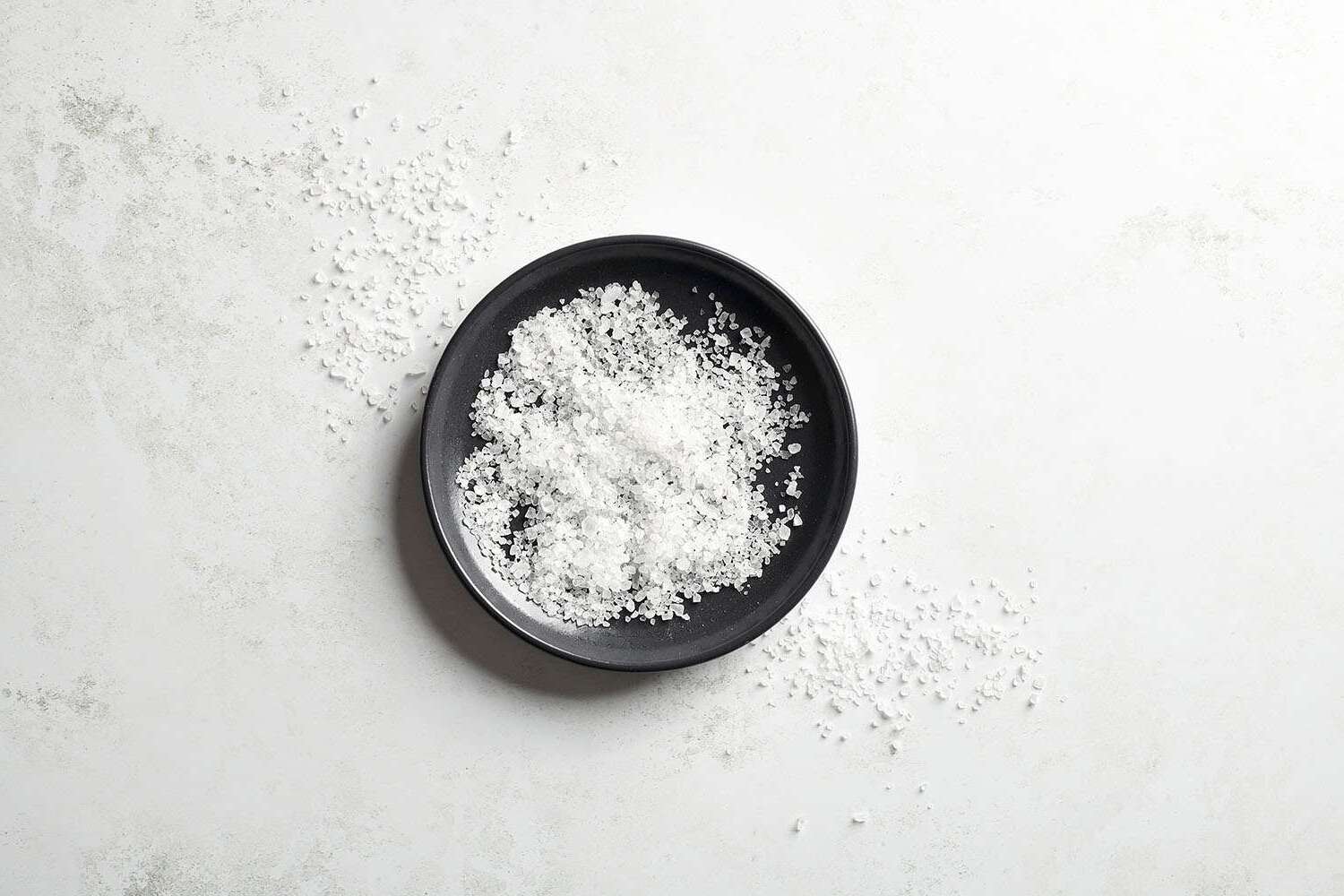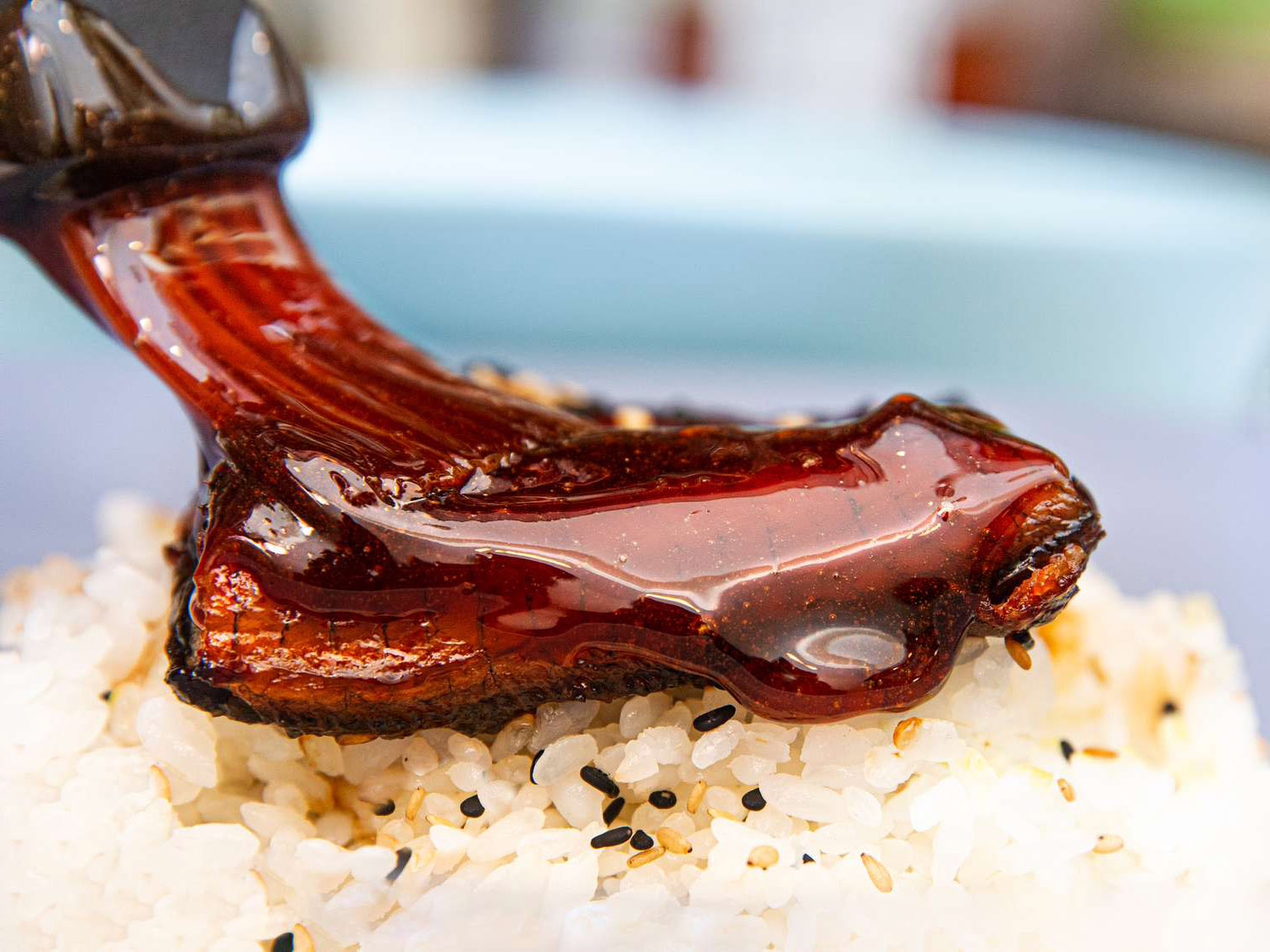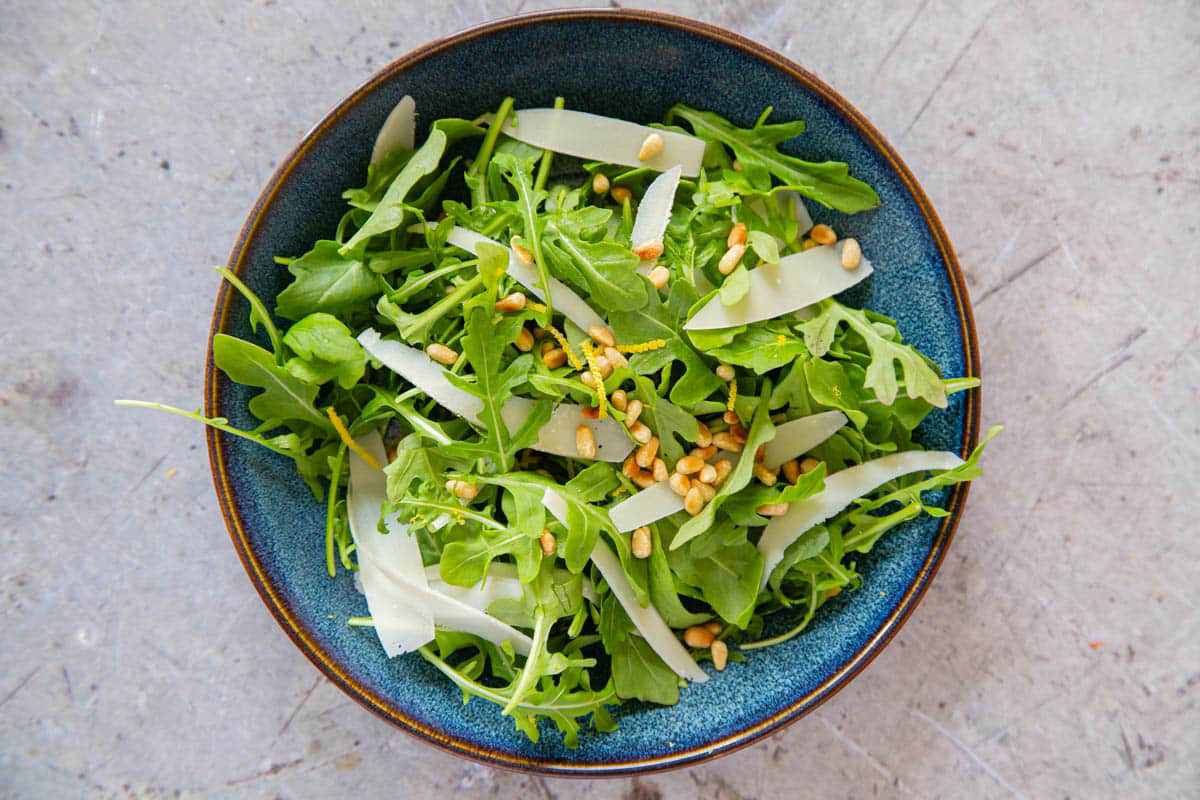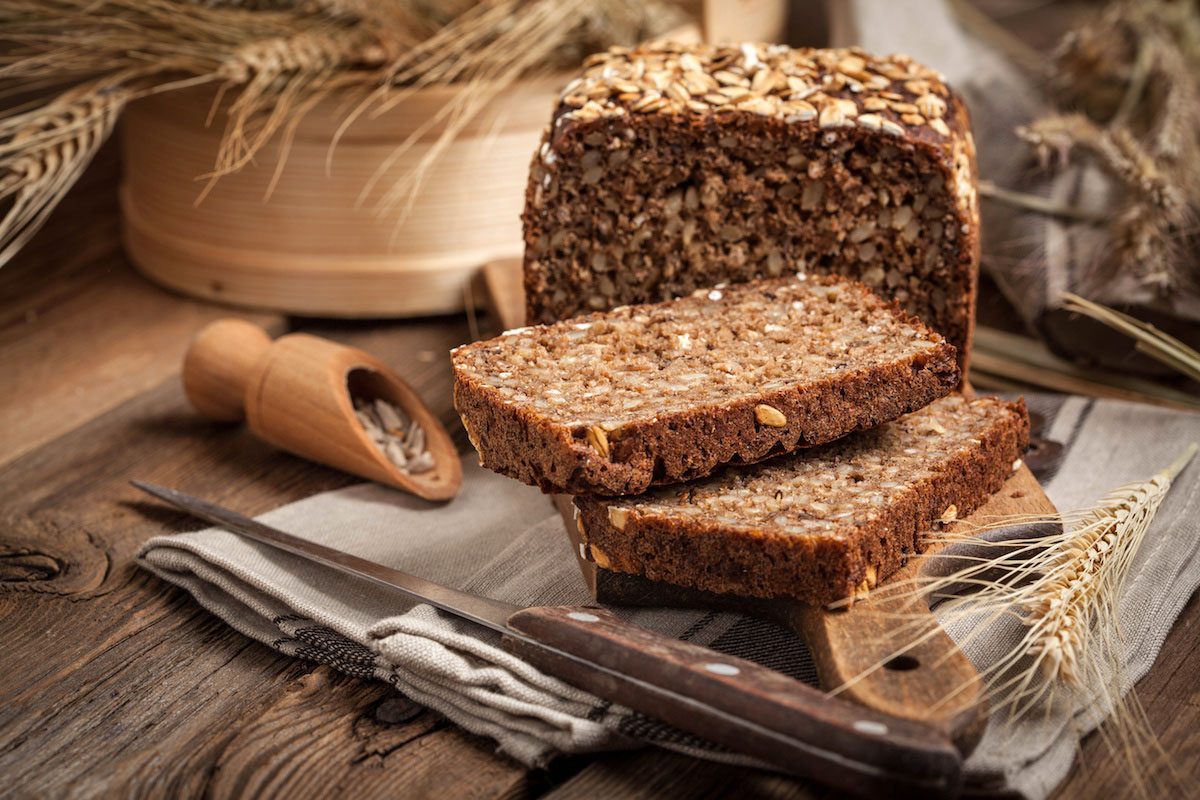Discovering the Delightful Kasseri Cheese
When it comes to Greek cuisine, one cannot overlook the rich and flavorful Kasseri cheese. This semi-hard cheese has been a staple in Greek households for centuries, known for its unique taste and versatility in cooking. Let’s delve into the world of Kasseri cheese and uncover what makes it so special.
Origin and Production
Kasseri cheese originates from Greece and is traditionally made from sheep’s milk, or a combination of sheep’s and goat’s milk. The cheese-making process involves heating the milk, adding rennet to form curds, and then pressing and aging the cheese. The result is a semi-hard cheese with a slightly tangy and salty flavor.
Distinctive Characteristics
Kasseri cheese is renowned for its smooth texture and rich, buttery taste. It has a pale yellow color and a slightly elastic consistency, making it perfect for grating or slicing. The cheese develops a delightful nutty flavor as it ages, adding depth to its profile.
Uses in Culinary Delights
One of the most appealing aspects of Kasseri cheese is its versatility in the kitchen. It can be enjoyed on its own as part of a cheese platter, or used in a variety of dishes. Here are some popular ways to savor Kasseri cheese:
- Saganaki: This Greek dish involves pan-searing Kasseri cheese until it becomes golden and bubbly, often served with a squeeze of lemon juice.
- Grilled Cheese: Kasseri cheese melts beautifully, making it an excellent choice for grilled cheese sandwiches or paninis.
- Pasta Dishes: Grate Kasseri cheese over pasta for a creamy and indulgent finish.
- Baked Dishes: It can be used in baked dishes such as spanakopita or moussaka, adding a rich and savory element to the dish.
Pairing Suggestions
When it comes to pairing Kasseri cheese, there are several options that complement its flavors beautifully. Consider serving it with:
- Fruit: Apples, pears, and grapes provide a refreshing contrast to the richness of Kasseri cheese.
- Nuts: Walnuts or almonds add a delightful crunch and nuttiness to each bite.
- Honey: Drizzle a bit of honey over Kasseri cheese for a sweet and savory combination.
- Wine: Pair Kasseri cheese with a crisp white wine or a fruity red to enhance its flavors.
Final Thoughts
Kasseri cheese is a true gem in the world of cheese, offering a delightful combination of flavors and textures. Whether enjoyed on its own or incorporated into a dish, this Greek cheese never fails to impress. Next time you’re exploring the world of cheese, be sure to savor the unique qualities of Kasseri cheese.
With its rich history and delectable taste, Kasseri cheese continues to captivate food enthusiasts around the world. Its versatility and distinctive flavor make it a valuable addition to any culinary repertoire.
Was this page helpful?
Read Next: What Is Hot Sauce Good For You
